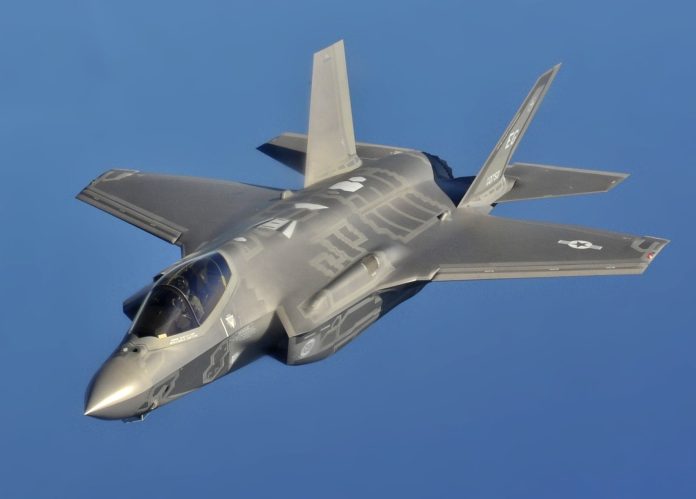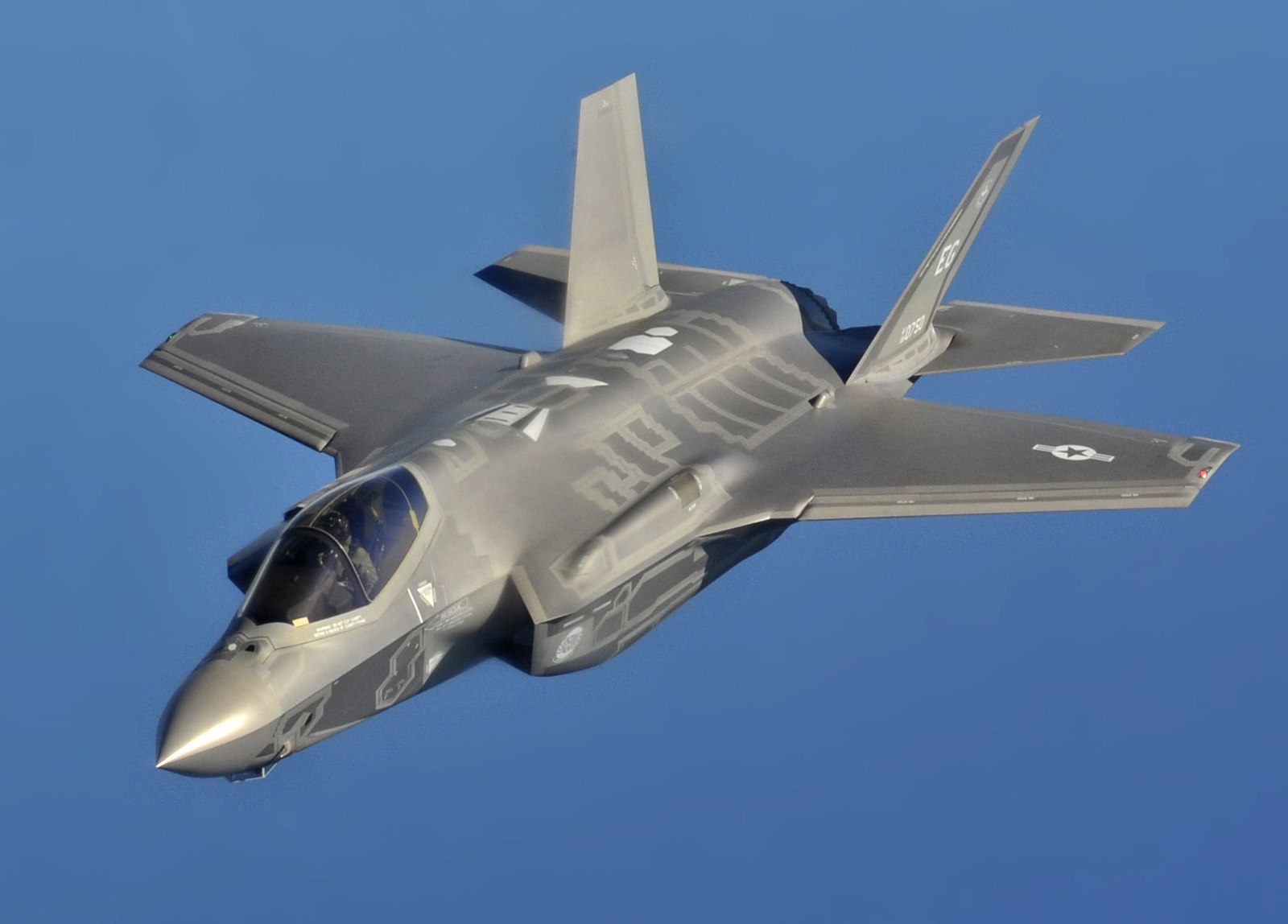
In a decisive move to rejuvenate its air combat capabilities, Germany has locked in a substantial order for 35 F-35 Lightning II aircraft from Lockheed Martin, a decision catalyzed by the evolving geopolitical landscape following Russia’s invasion of Ukraine.
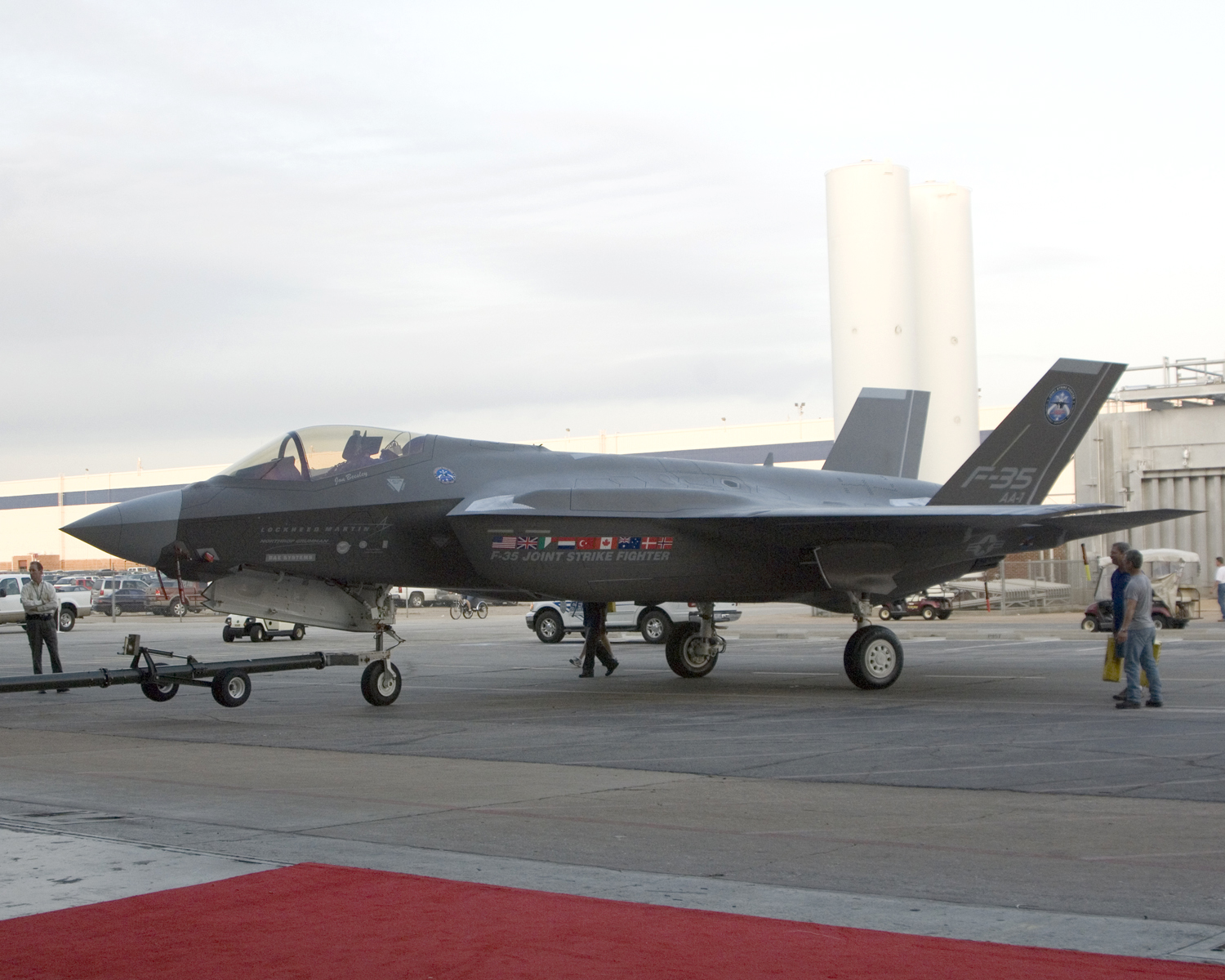
The procurement aligns with Germany’s broader strategic commitment to NATO and the reinforcement of its military deterrence capabilities.
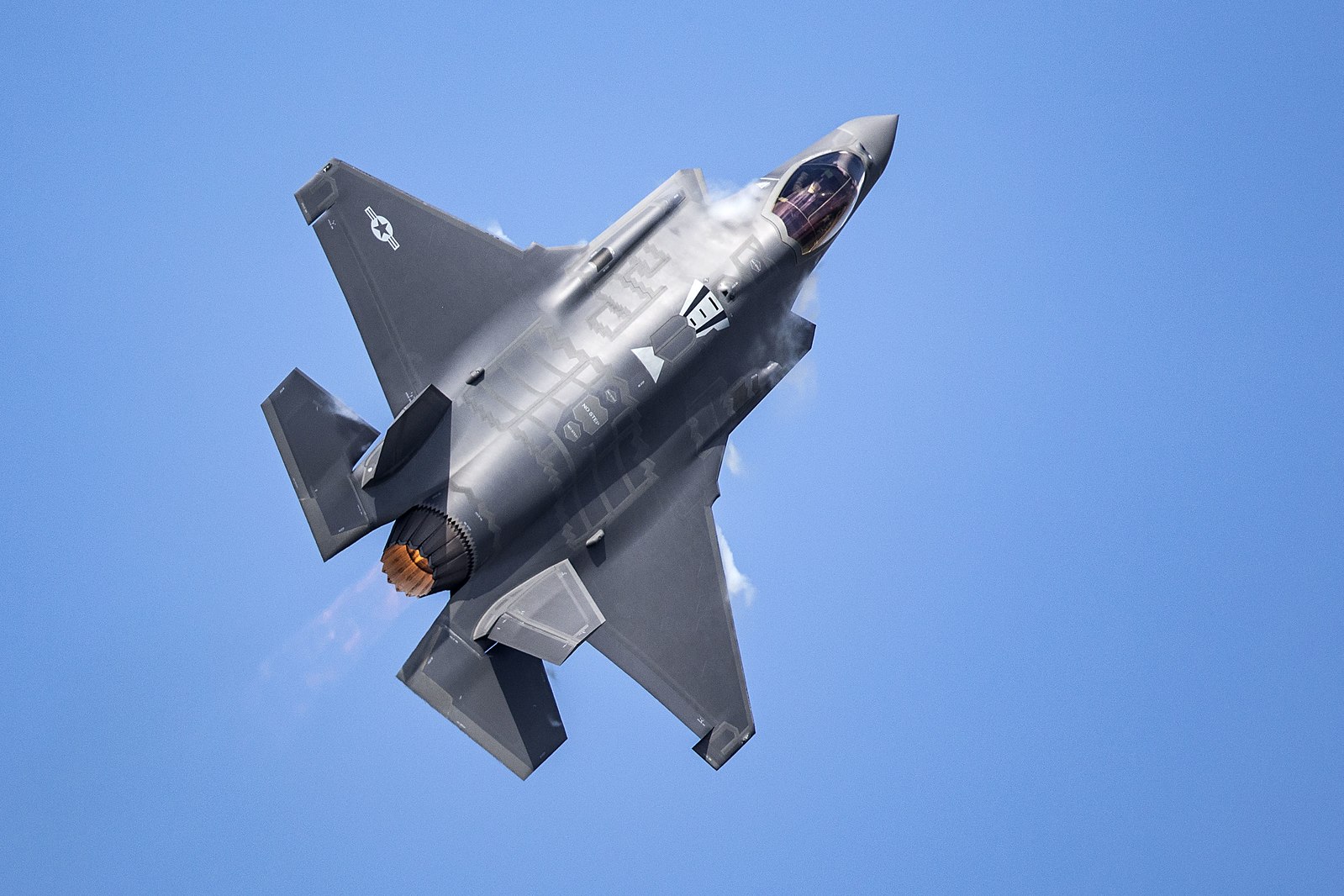
This $8.83 billion deal, sanctioned by the German Ministry of Defense and approved by the German Parliament’s Budget Committee, represents a major pivot in Germany’s defense strategy.
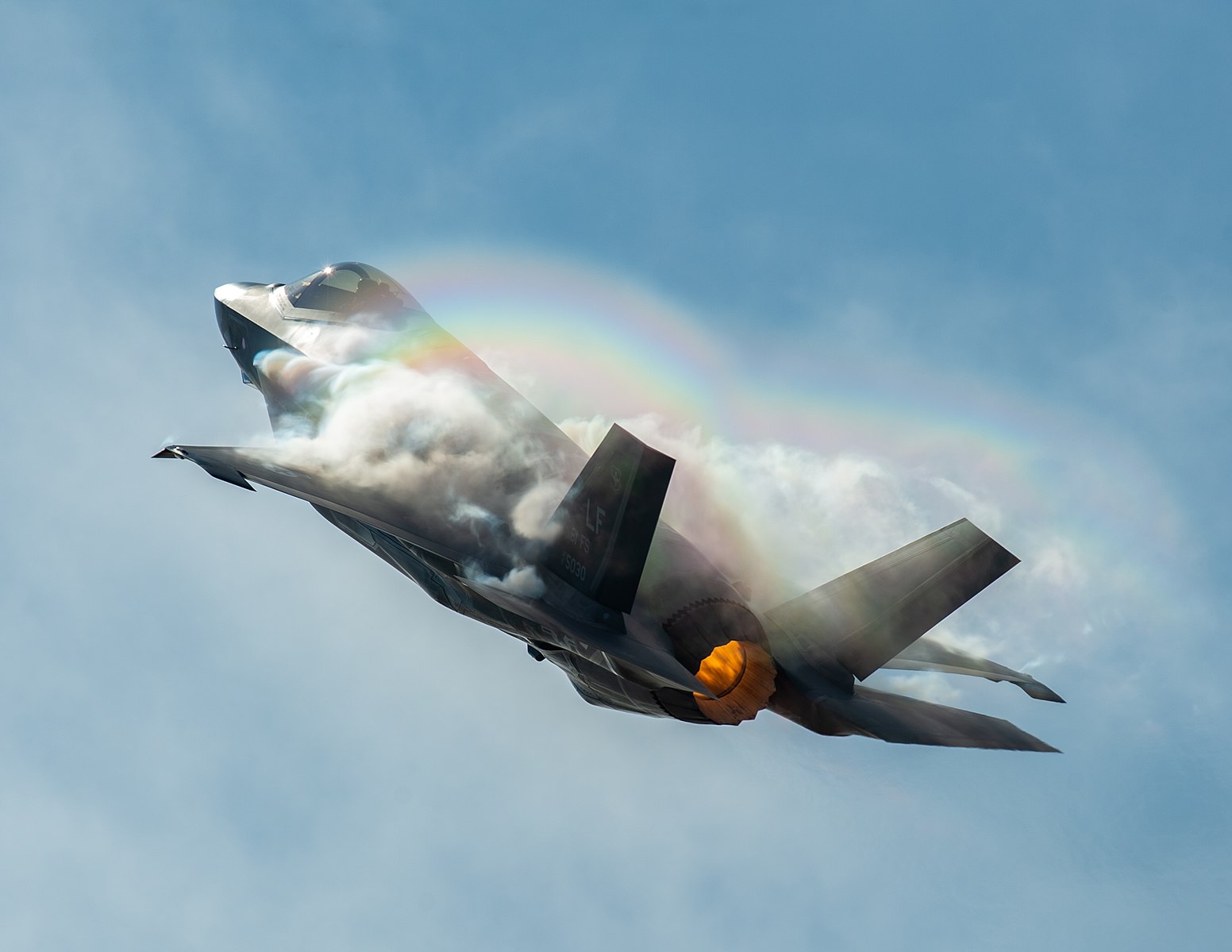
Initially announced by Defense Minister Christine Lambrecht, the agreement underlines a presumed new era of global tension as NATO members reevaluate their military readiness in light of heightened threats.
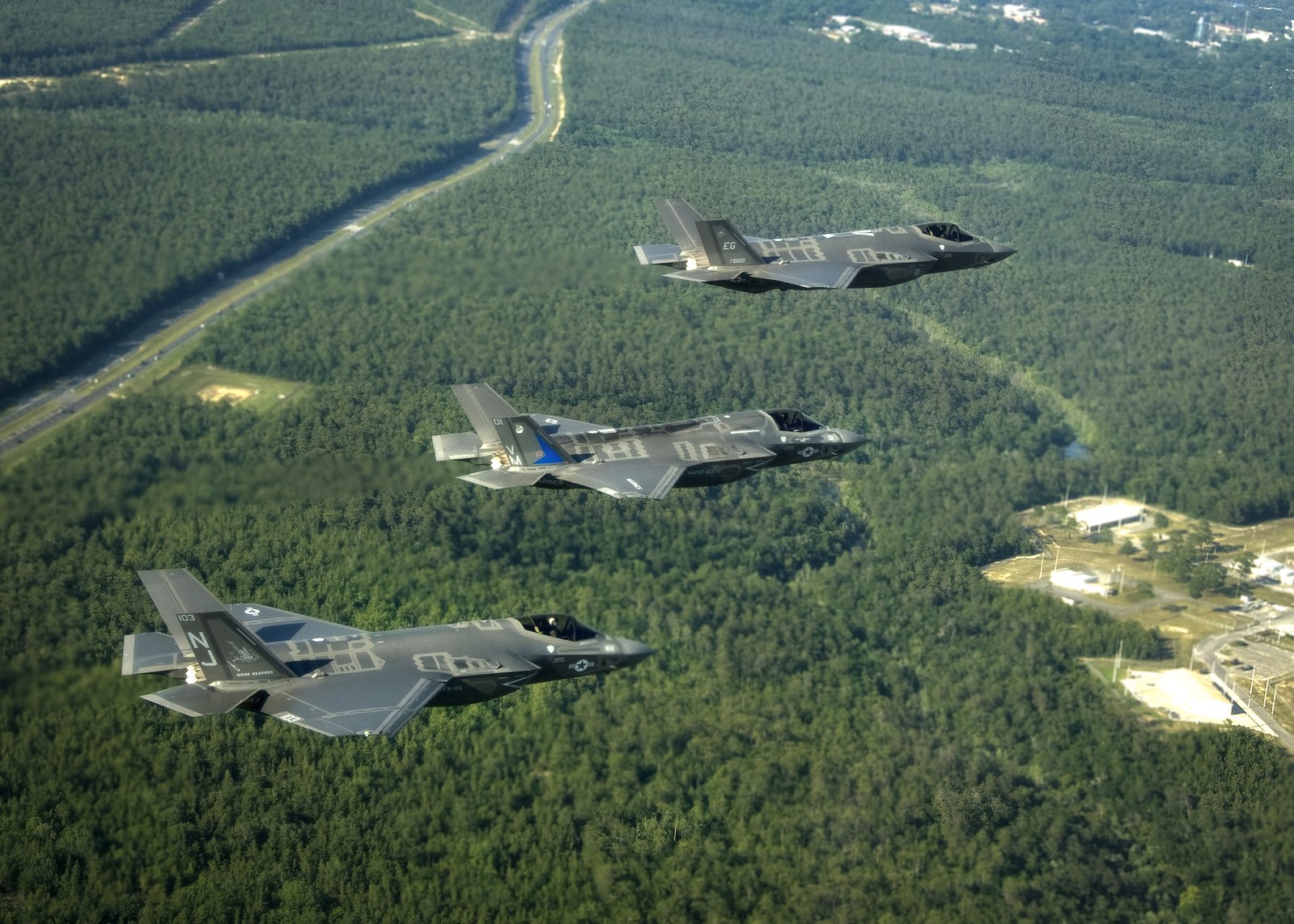
The F-35 will replace the German Air Force’s aging Tornado fighter-bombers, modernizing their fleet and enhancing interoperability with NATO allies.
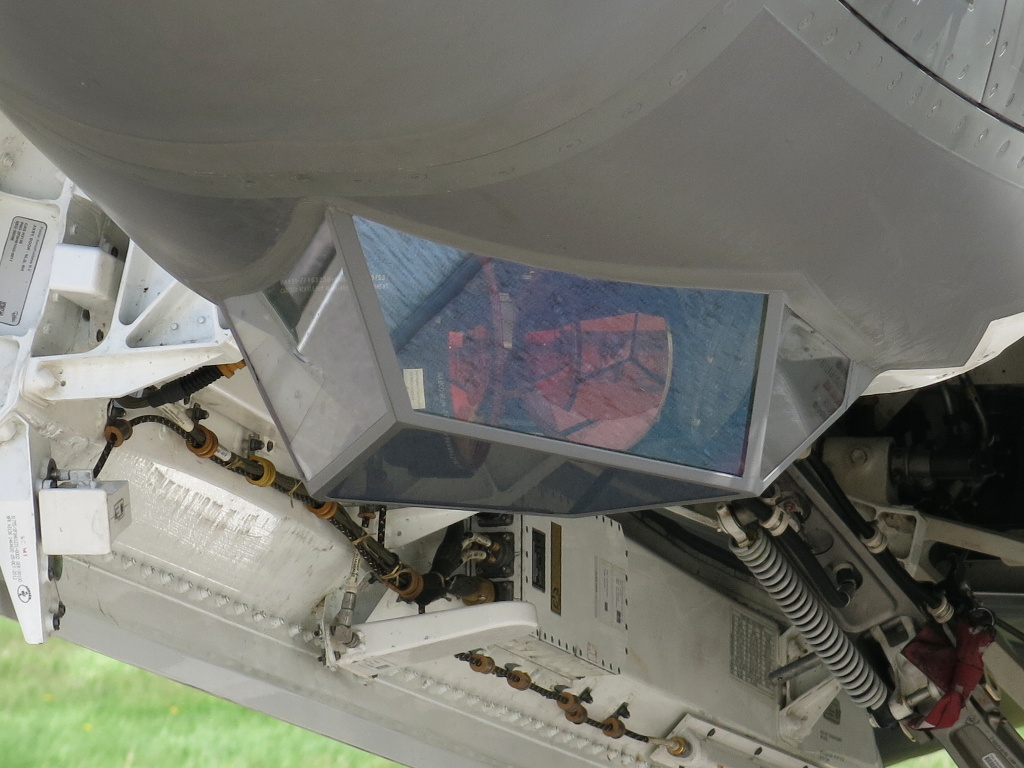
Bridget Lauderdale, Lockheed Martin’s vice-president and general manager of the F-35 program, remarked, “Germany’s participation ensures F-35’s European alliance continues to strengthen and grow through interoperability with NATO and ally nations.”
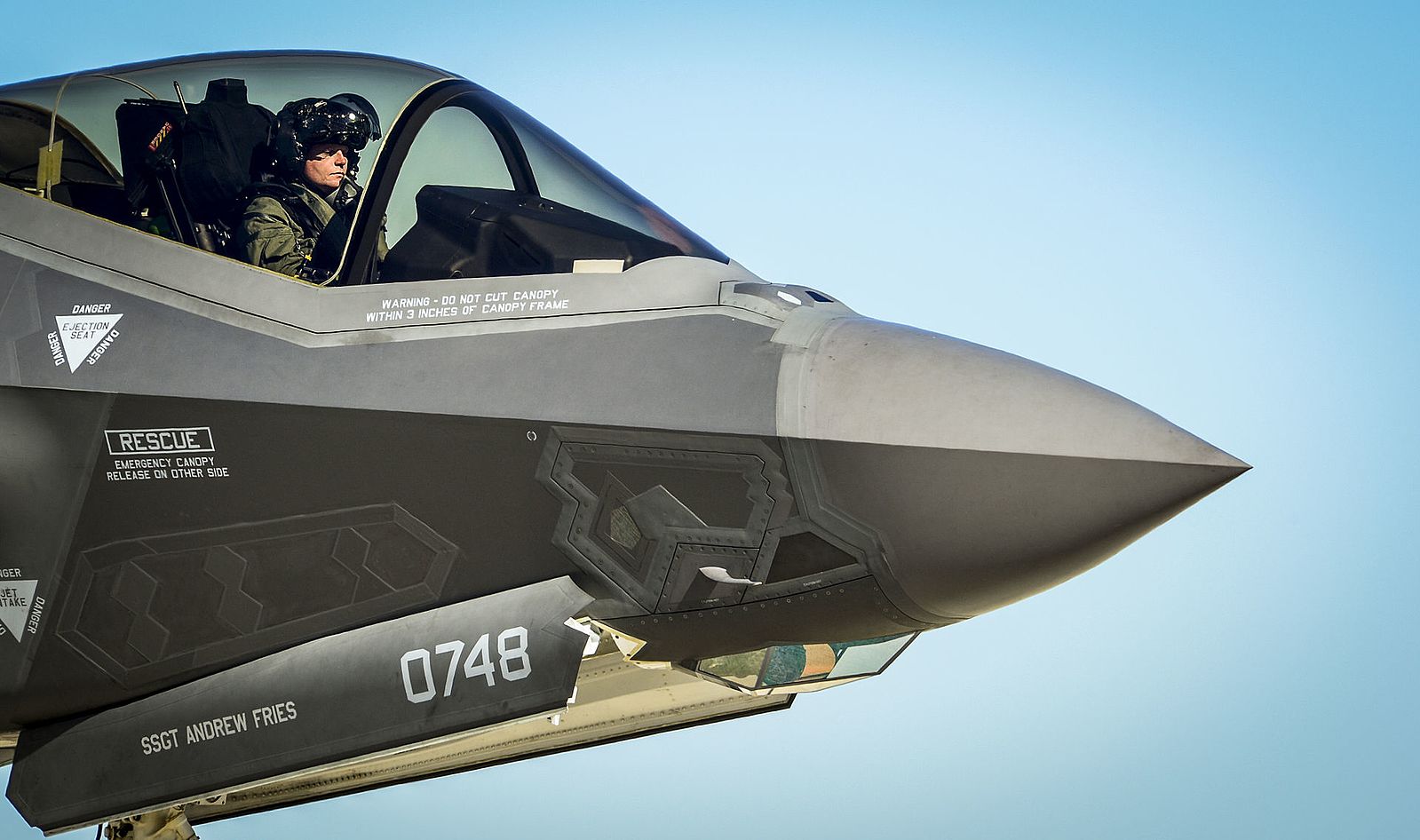
With the first eight aircraft expected to be delivered by 2026, the fighter jets will initially be stationed in the United States for pilot and ground staff training of German forces.

This transitional phase will ensure that the German Air Force is fully equipped to integrate the new jets into their operational framework.

By 2027, the aircraft will then be based at Büchel Air Base in Eifel, Germany, ready to support NATO’s nuclear-sharing missions in times of crisis.
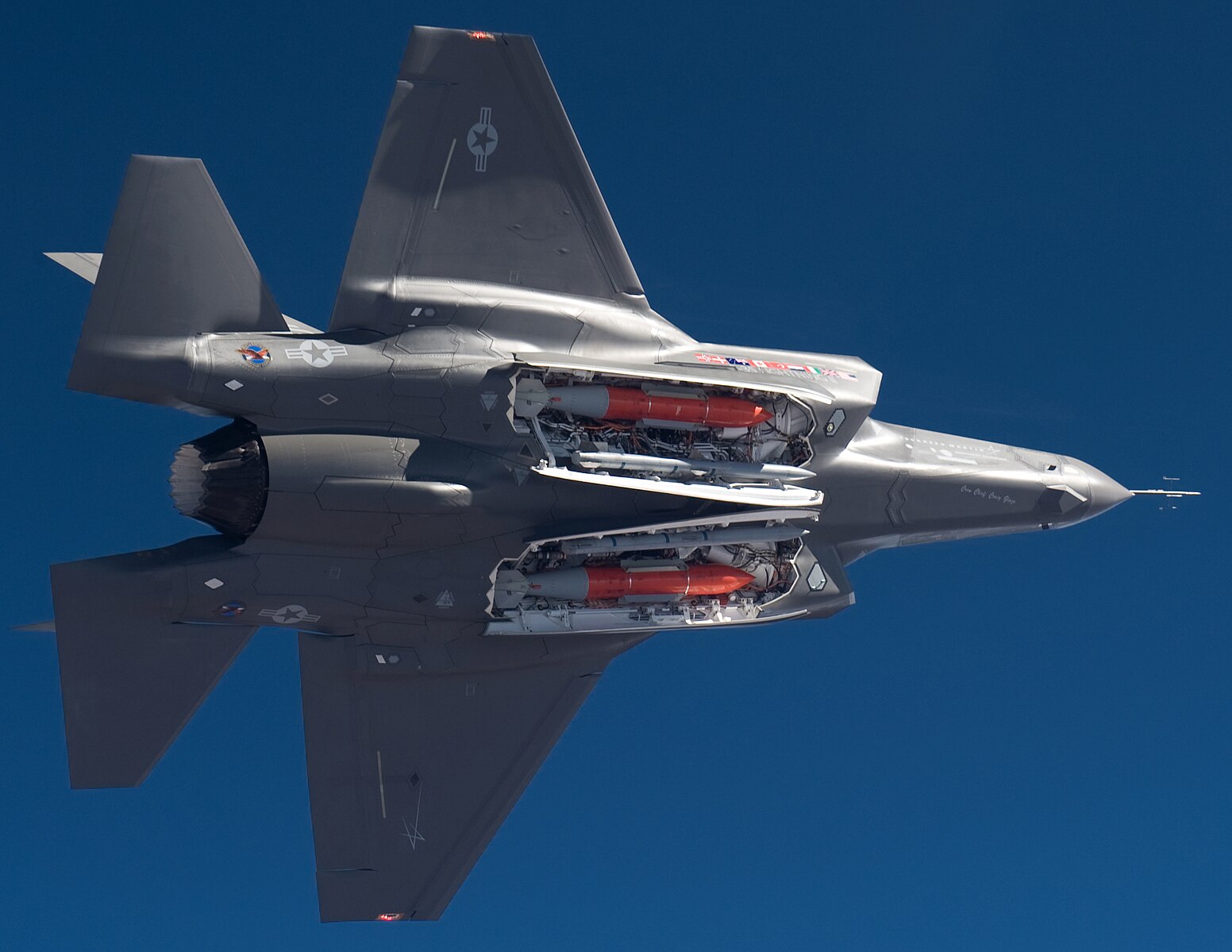
The deal includes more than just the aircraft; it encompasses a complete package with mission equipment, engines, spare parts, ammunition, technical support, and training programs.
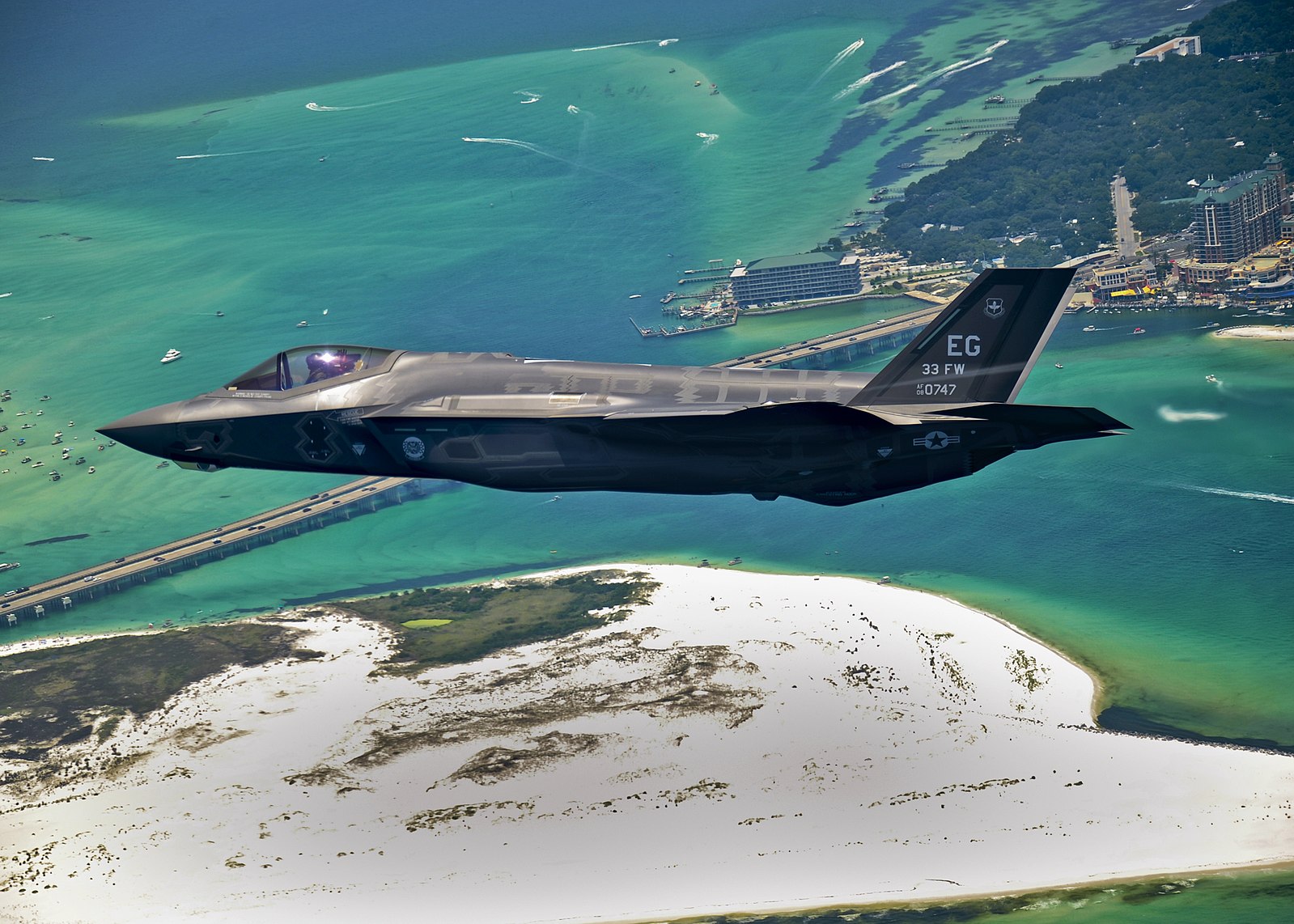
It is part of a larger $107 billion defense fund allocated by Germany in response to Russia’s ongoing military aggression against Ukraine, underlining the country’s commitment to bolstering its defense posture.
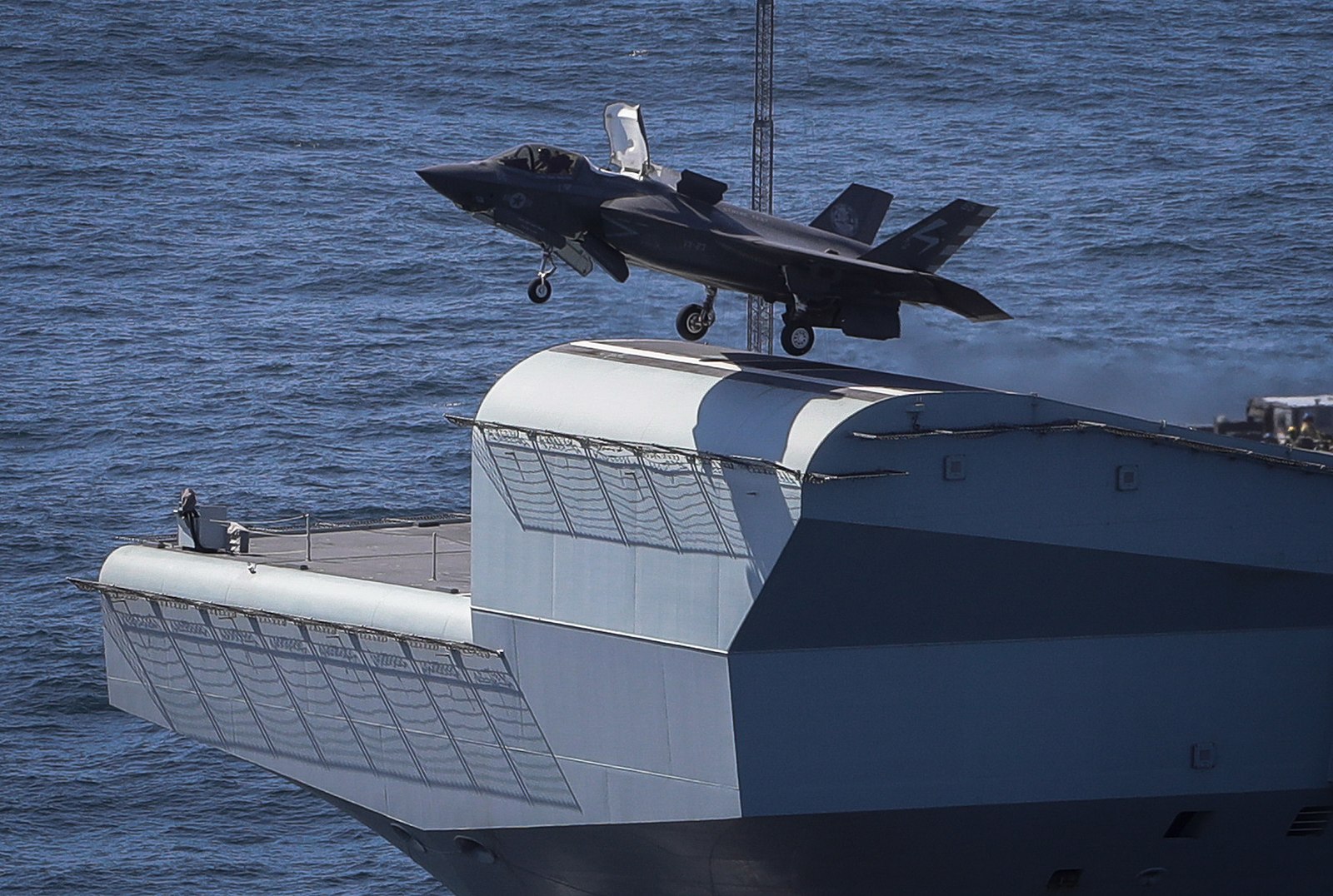
German arms manufacturer Rheinmetall commencing construction of a new fuselage plant in Weeze, North Rhine-Westphalia.
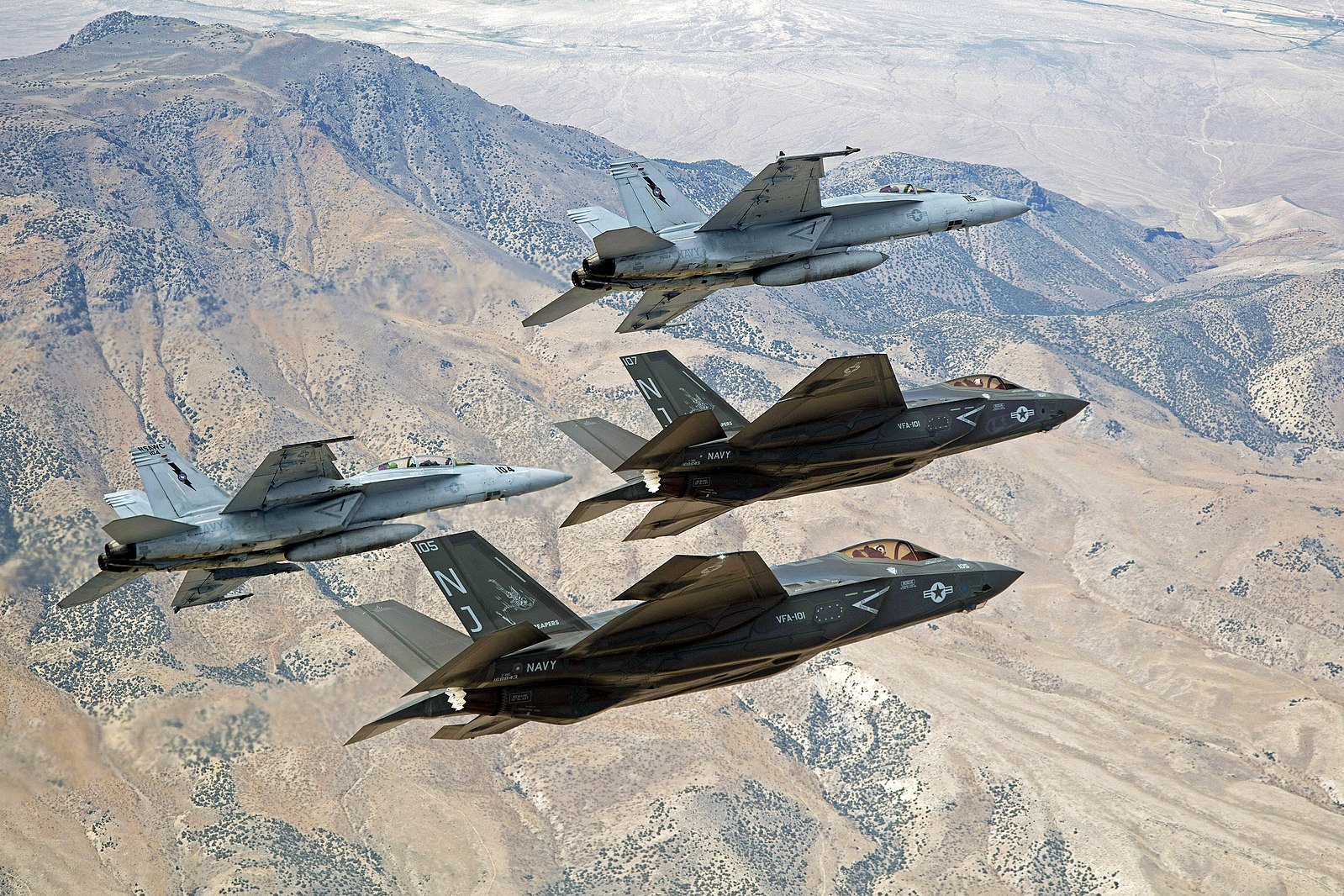
The facility, expected to go live in 2025, represents an infrastructural upgrade worth €200 million and is estimated to create up to 450 direct jobs, with the potential for 1,500 additional jobs in the supply chain.
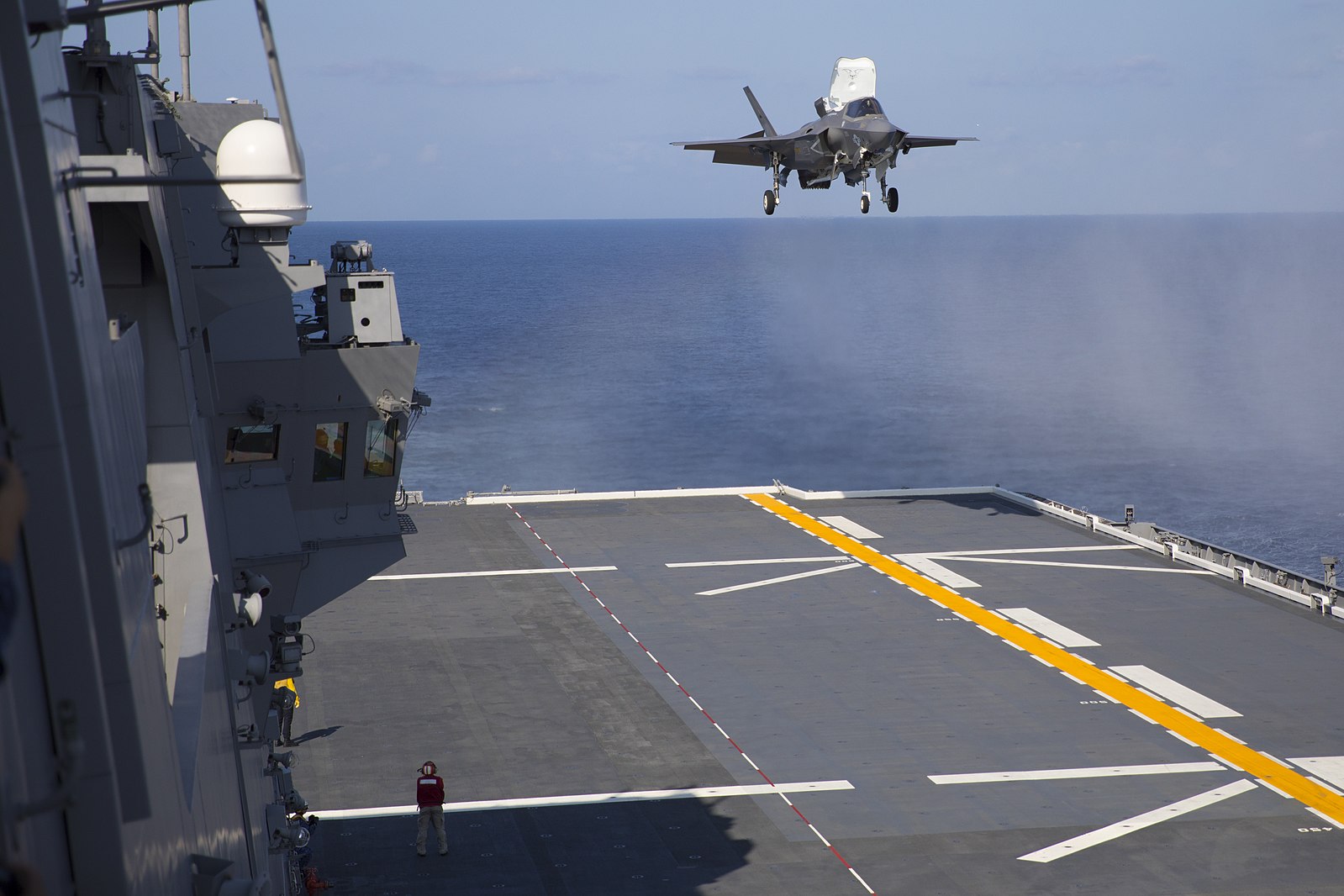
Rheinmetall’s involvement not only signifies a strategic integration of German industry into the F-35 program but also highlights the benefits of transatlantic defense cooperation.
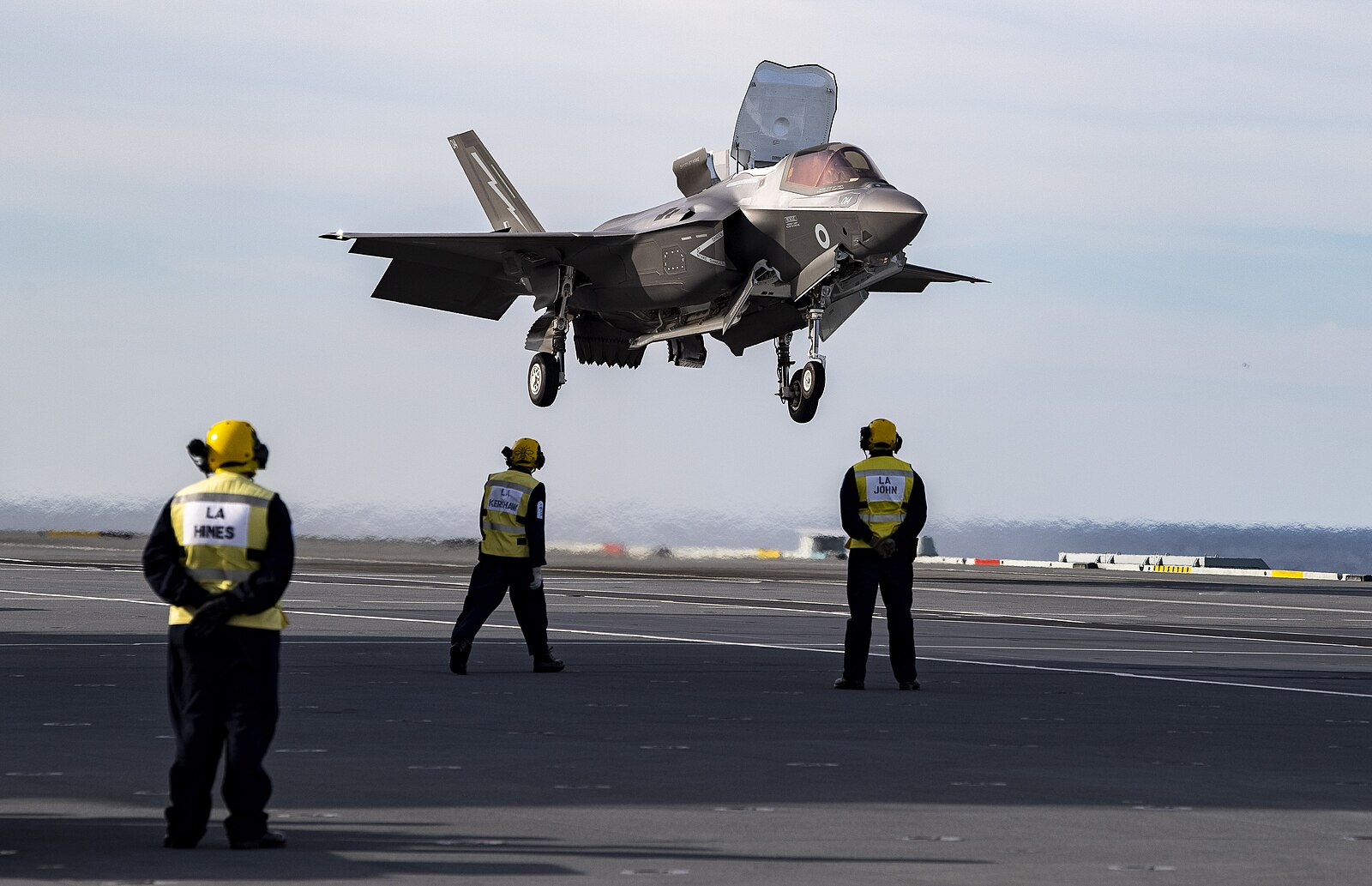
While the bulk of the F-35’s sophisticated technology remains within the purview of the U.S., the incorporation of German industry will play a significant role in sustaining and enhancing NATO’s defense capabilities.
Relevant articles:
– Germany approves $8.83bn to buy 35 F-35 jets from Lockheed Martin, Air Force Technology
– Germany clinches $8 billion purchase of 35 F-35 aircraft from the US, Defense News
– Germany’s Rheinmetall starts building F, DW
